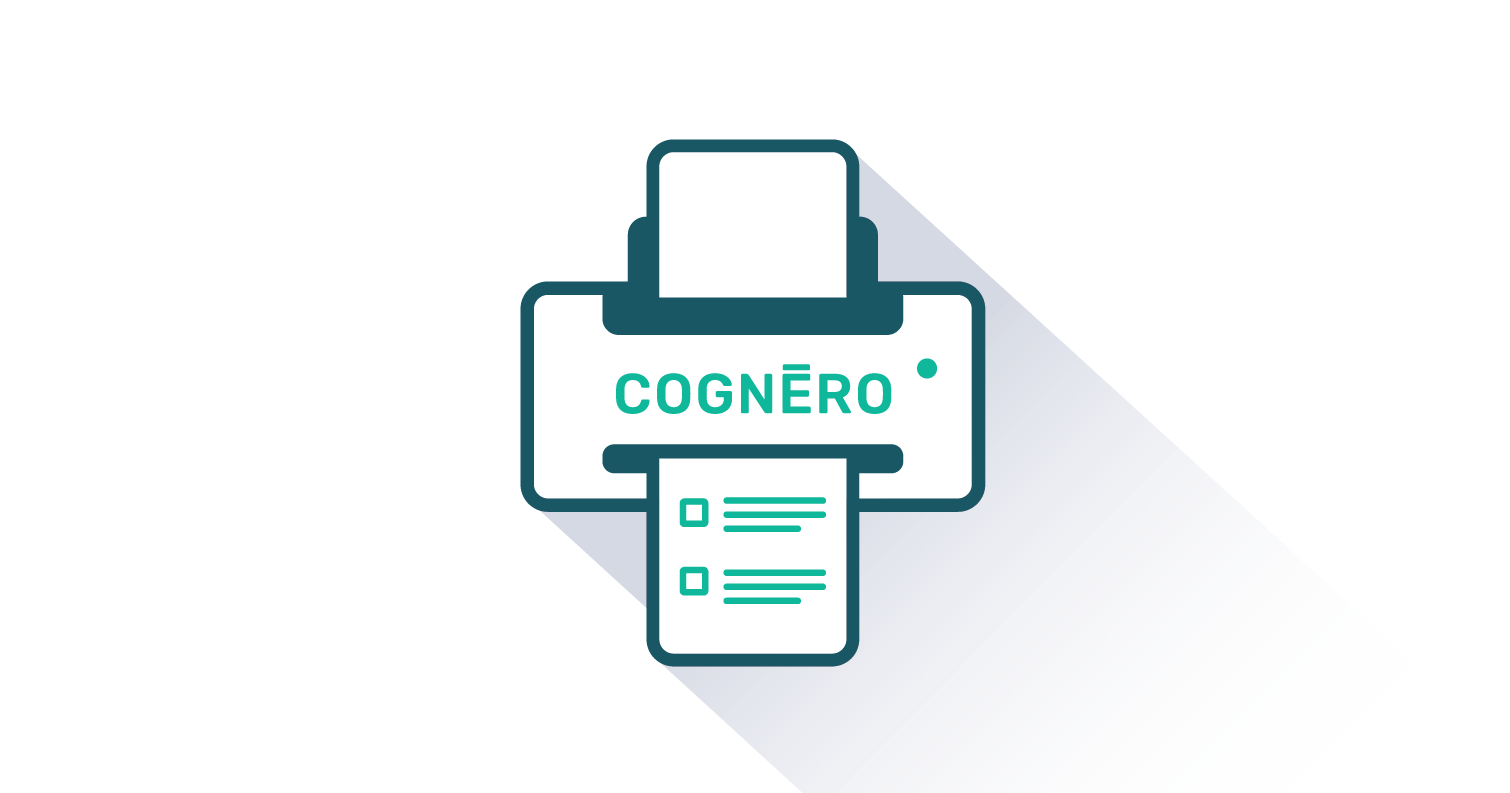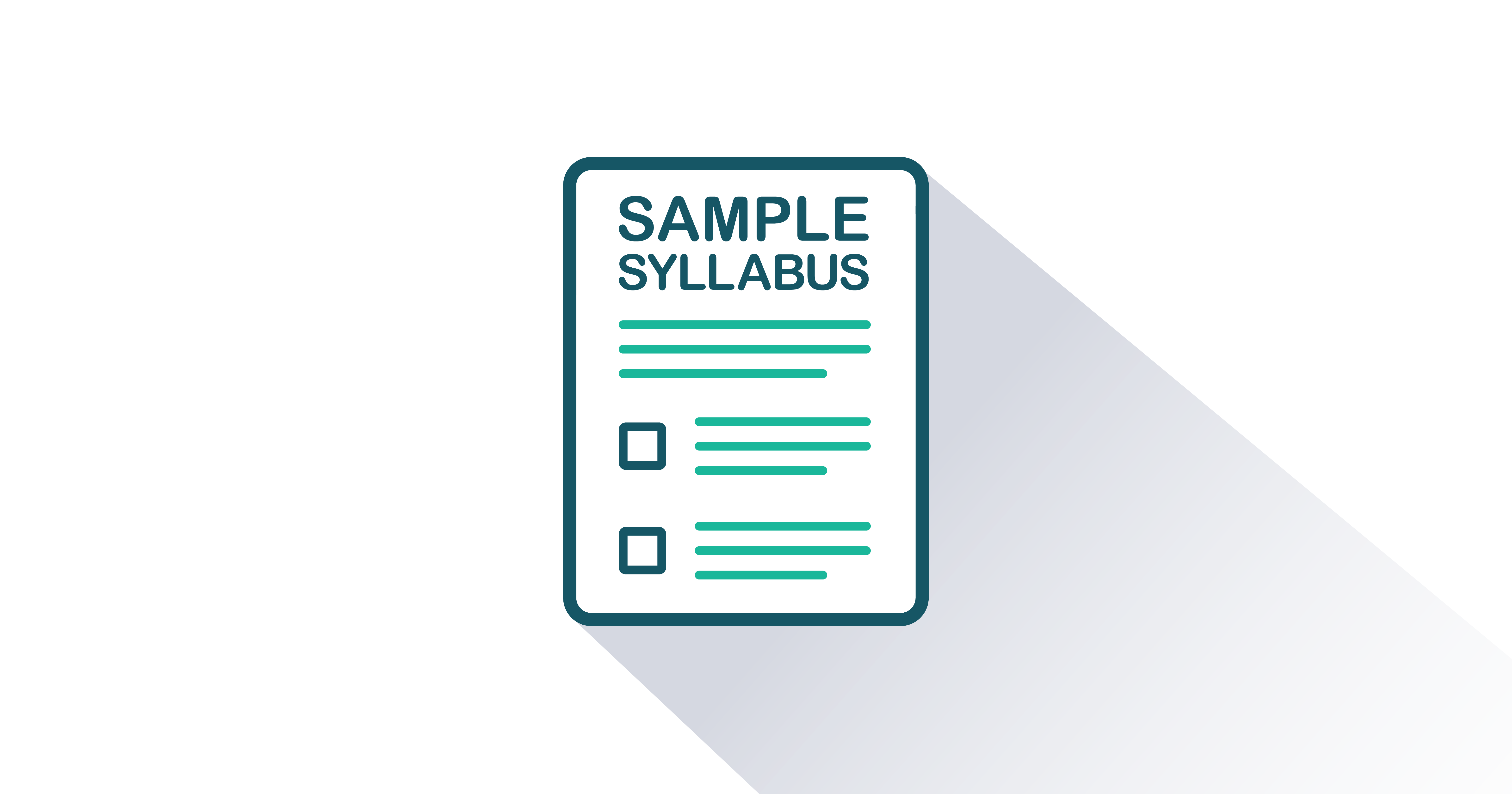Human Relations: Career, Relationships, and You is suitable for courses called Human Relations, Human Relations in the Workplace, or Human Relations in Organizations, Career Development, or similar titles. It is usually taught in business departments, but can be a core General Education course at the undergraduate level in two- and four-year colleges and universities.
Human Relations: Career, Relationships, and You is structured around an easily understood approach to enhancing students’ current and future working relationships. It features a timely focus on understanding emotional intelligence and developing basic skills to successfully apply the concept in the workplace. This book explains and models effective strategies for initiating and sustaining positive interactions and building healthy working relationships, including extensive information on emotional intelligence and other factors that could boost career success.
Key topics include achieving career success through behaving ethically, embracing diversity, supporting excellent teamwork, channeling conflict positively, making effective decisions, managing stress appropriately, sparking motivation, and exhibiting strong leadership. The book’s informal, yet professional, tone engages learners. Human Relations: Career, Relationships, and You models how students can productively and positively navigate workplace interactions to enhance their current and future working relationships and achieve career success.
New in This Version
- Addresses the impacts of a “gig economy” to reflect current market and work trends (Section 1.1)
- Discusses continuous learning, being creative, and enhancing your curiosity and encourages learners to develop these skills (Section 2.3)
-
Expands on Diversity and Inclusion aspects such as: economic status; why companies should focus on inclusion along with diversity (Sections 1.2, 6.3, 7.2, 11.1, 11.2); non-binary and using gender neutral language in the workplace; and unconscious bias and microaggressions (Section 11.1)
- Addresses the resulting stress and effects of COVID-19, such as decision fatigue (Section 4.4)
-
Electronic communication, such as do’s and don’ts are addressed (Section 5.5)
-
Social responsibility with examples go into greater depth (Section 6.3)
-
Team development, including remote team building strategies and “office politics” (Sections 8.3, 8.4)
- Specific strategies to implement when resolving conflict are addressed (Section 10.2)
- Information on how to develop cultural intelligence (Section 11.3)
- Information on how to create your own personal brand and how to develop and deliver an elevator pitch (Section 13.5)
-
New and improved homework questions include new items types such as drop-down and matching to reinforce student comprehension









